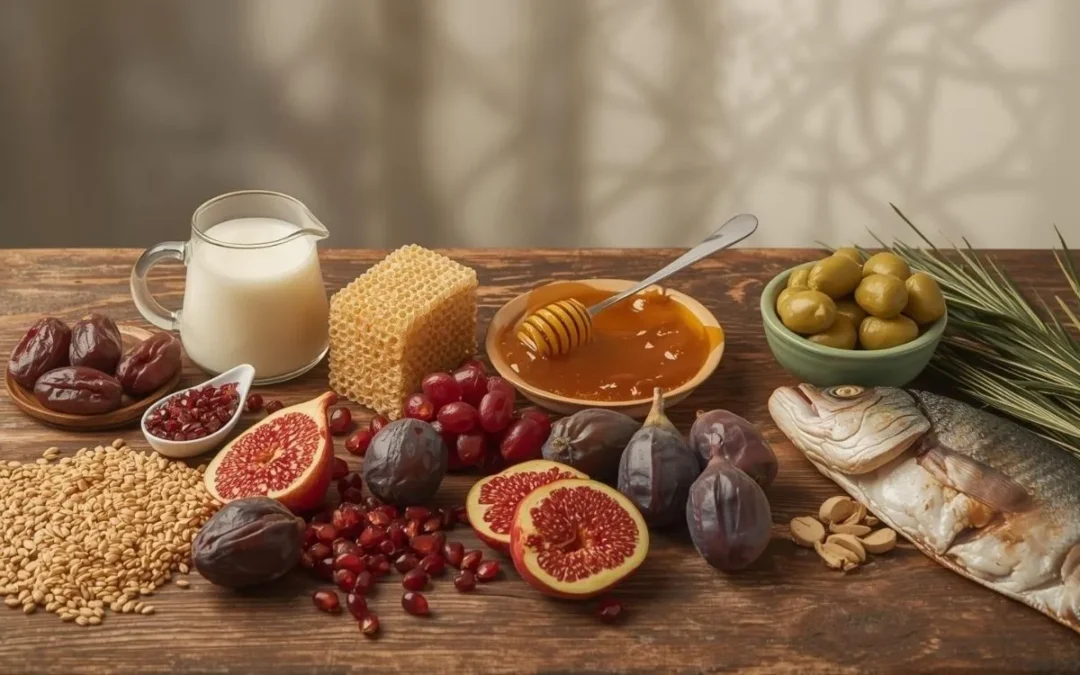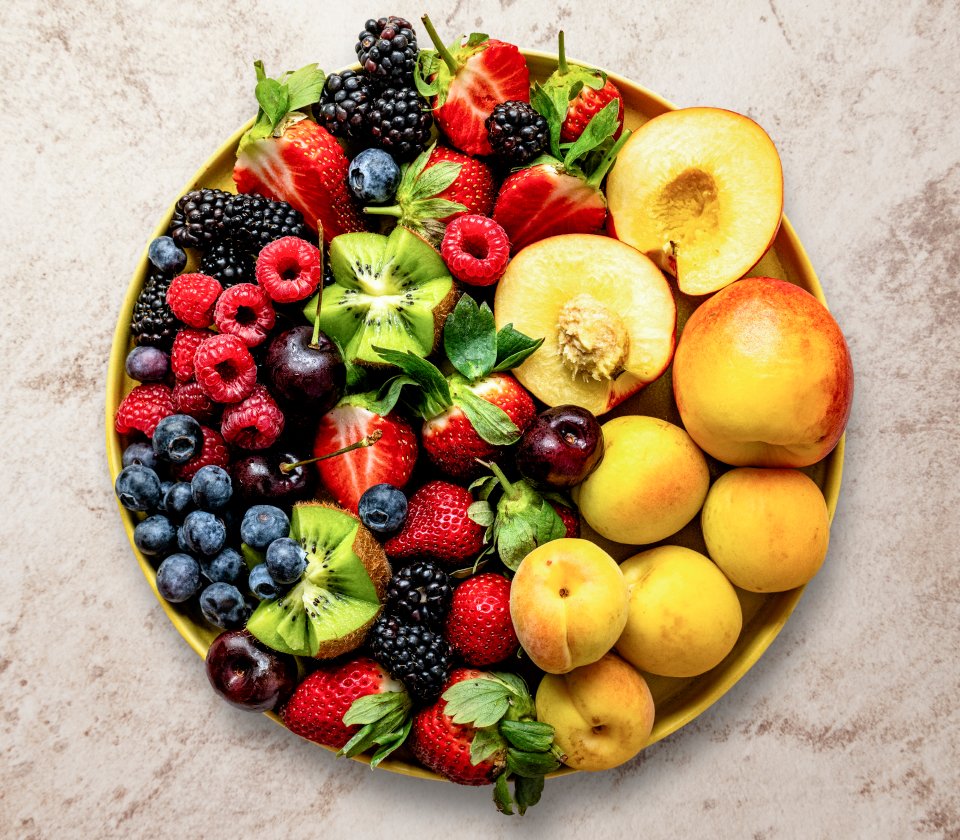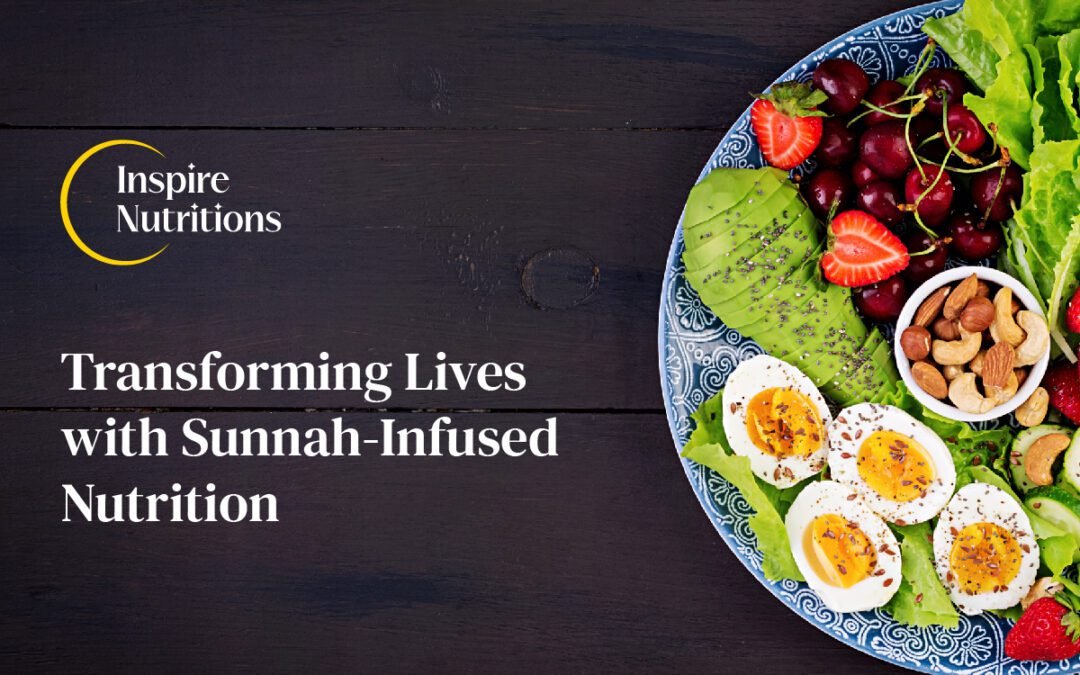
10 Key Nutrients Every Muslim Should Know (Guided by Quranic Foods)
Good health is one of Allah’s greatest blessings, and Islam teaches that caring for your body is part of your faith. Knowing the key nutrients every Muslim needs helps you stay healthy, strong, and spiritually mindful. In today’s world, many people face nutrient deficiencies due to modern eating habits and processed foods. The Quran and Sunnah offer timeless wisdom, highlighting natural foods rich in essential nutrients. By learning how to balance your meals with these Quranic foods, you can strengthen both your body and soul.
1. The Islamic View on Nutrition
In Islam, eating is not just a physical act — it’s a spiritual one. The Prophet Muhammad ﷺ encouraged moderation, choosing Halal and pure foods, and expressing gratitude for every bite. The key nutrients for Muslims include essential vitamins, minerals, and healthy fats that maintain energy and overall health. When Muslims follow Quranic guidance on food, they nourish both their body and their Imaan. A balanced Islamic diet rooted in Sunnah principles helps prevent disease and promotes long-term well-being.

2. Why Understanding Nutrients Matters
Despite access to diverse foods, many Muslims struggle with poor nutrition because of processed diets, skipped meals, and lack of awareness. This leads to deficiencies in iron, vitamin D, calcium, and other key nutrients. Learning about the essential nutrients your body needs helps you make better food choices. These nutrients support immunity, brain health, and energy — all vital for a productive, faith-centered lifestyle. The good news is that the Quran mentions many foods that provide exactly what your body requires.
3. The 10 Key Nutrients Every Muslim Should Know
Below are the 10 essential nutrients Muslims need, along with Quranic or Sunnah-inspired foods that provide them naturally:
| Nutrient | Why It’s Important | Quranic or Sunnah Food Source |
| 1. Protein | Builds muscles and repairs tissues | Fish, Milk, Lentils |
| 2. Iron | Prevents fatigue and anemia | Dates, Pomegranate |
| 3. Calcium | Strengthens bones and teeth | Milk, Figs |
| 4. Vitamin D | Supports bone and immune health | Fish, Eggs |
| 5. Vitamin C | Boosts immunity and skin health | Grapes, Citrus Fruits |
| 6. Fiber | Improves digestion | Barley, Whole Grains |
| 7. Potassium | Regulates blood pressure | Bananas, Dates |
| 8. Omega-3 Fatty Acids | Improves brain and heart function | Fish, Olive Oil |
| 9. Antioxidants | Protects cells from damage | Honey, Pomegranate |
| 10. Zinc | Strengthens immunity and healing | Honey, Seeds |
These essential nutrients are easy to obtain from natural, wholesome foods that align with Islamic principles.
4. Quranic Foods That Provide Key Nutrients
The Quran mentions several foods known for their healing and nourishing qualities. These are not only symbols of spiritual purity but also scientifically proven sources of vital nutrients.
Dates
Packed with iron, potassium, and fiber, dates boost energy and support blood health. They’re ideal for breaking fasts and make a perfect natural snack.
Honey
Described in the Quran as “a healing for mankind,” honey contains antioxidants and trace minerals that strengthen immunity and combat fatigue.
Milk
A balanced source of protein, calcium, and vitamin B12, milk supports bone health and provides steady energy throughout the day.
Olives
The olive is called a blessed fruit in the Quran. It provides healthy fats and vitamin E — vital for heart, brain, and skin health.
Barley
Highly recommended by the Prophet ﷺ, barley promotes digestion and cleansing. Its fiber and selenium content help reduce cholesterol and maintain gut health.
Including these Quranic foods in your daily meals helps you fulfill your nutritional needs naturally while following the Sunnah.
5. How to Overcome Nutrient Deficiencies
Even with access to nutritious foods, modern lifestyles often lead to nutrient gaps. Here’s how you can restore balance:
- Eat more fresh fruits and vegetables daily.
- Include fish and eggs at least twice a week.
- Replace refined flour with barley or whole grains.
- Drink milk or yogurt daily for calcium.
- Use olive oil instead of unhealthy fats.
These small changes bring your diet closer to Islamic principles while ensuring your body gets all the essential nutrients it needs.
6. How to Maintain a Balanced Islamic Diet
Islamic nutrition emphasizes balance, moderation, and gratitude. Prophet Muhammad ﷺ advised filling one-third of your stomach with food, one-third with water, and leaving one-third empty. This Sunnah prevents overeating and improves nutrient absorption.
A balanced plate should include:
- Protein: fish, beans, milk
- Fruits: pomegranate, figs, dates
- Grains: barley, oats, corn
- Healthy fats: olive oil, nuts
Mindful eating keeps your diet balanced and your heart grateful — nourishing both body and soul.
7. Practical Tips to Get Key Nutrients Naturally
- Start your day with milk and honey for energy.
- Replace processed snacks with dates or fruits.
- Add barley soup or porridge to your meals.
- Use olive oil for cooking and salad dressing.
- Drink plenty of water and eat slowly.
These small, consistent habits help you stay nourished the Sunnah way.
FAQs
1. What are the most important nutrients for Muslims?
Protein, calcium, iron, vitamin D, and healthy fats are crucial for maintaining strength and preventing deficiencies.
2. How can I get these nutrients naturally?
Include milk, fish, honey, barley, and olives regularly. These Quranic foods are nutrient-rich and easy to include in daily meals.
3. Are supplements necessary?
Most nutrients can be obtained naturally through a balanced Islamic diet. Use supplements only after consulting a doctor.
4. What causes nutrient deficiencies today?
Common causes include processed foods, lack of variety, and skipping balanced meals. Focusing on natural, Sunnah-inspired foods can help.
5. How can Islamic teachings improve eating habits?
Islam promotes moderation, gratitude, and purity in food. Following these principles encourages mindful eating and long-term wellness.
Conclusion
Health is an Amanah, a sacred trust from Allah and it’s our duty to care for it. By understanding the 10 key nutrients every Muslim should know, you can nourish your body and strengthen your Imaan. The foods mentioned in the Quran — milk, honey, dates, barley, and olives are not just blessings but natural sources of healing. When you eat with mindfulness and gratitude, you experience true balance: physical vitality, emotional peace, and spiritual growth.
